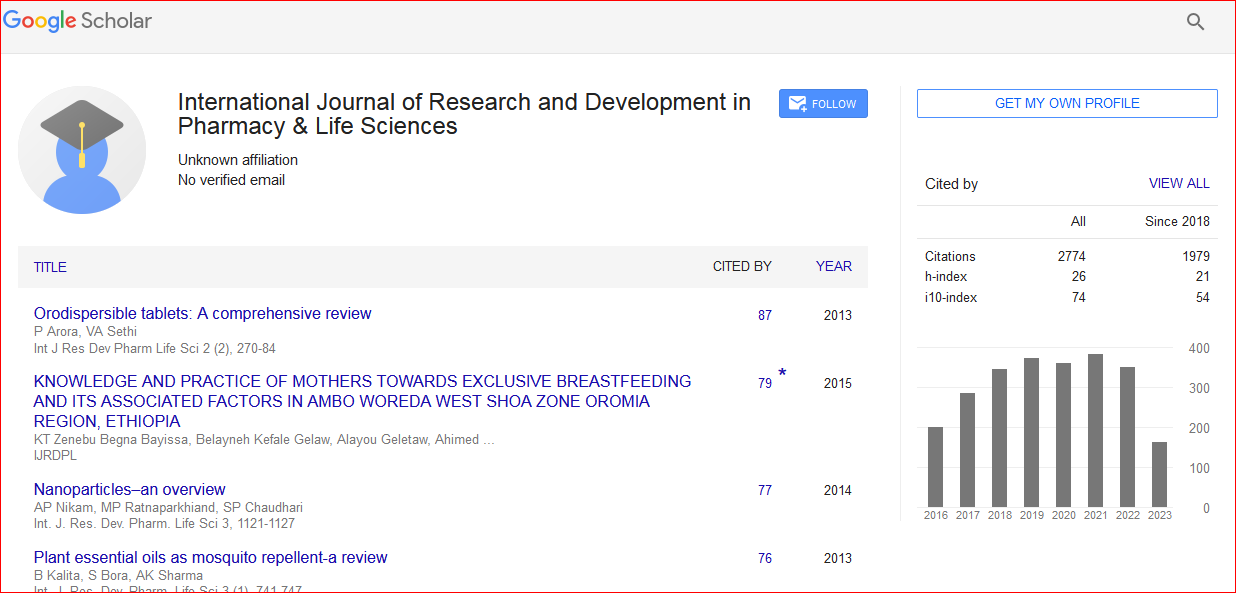Antimalarial drug discovery and development: Issues and prospects
*Corresponding Author:
Copyright: © 2020 . This is an open-access article distributed under the terms of the Creative Commons Attribution License, which permits unrestricted use, distribution, and reproduction in any medium, provided the original author and source are credited.
Abstract
There was no significant progress in the reduction of malaria cases globally during the period 2015-2017 as per the latest epidemiological report (WHO, Malaria Report 2018). The malaria affected countries mainly rely on Artemisinin-based Combination Therapy (ACT) as no new drug has been discovered during the last couple of years. Therefore, the discovery of new antimalarial drugs to target the parasite at various stages of its life cycle is an urgent necessity to address the current stagnant therapeutic situation as well as to fight against the rapidly emerging resistant strains of the malaria parasites. The objective of the presentation is to highlight the achievements and shortcomings, possibilities of working on new areas for development of potent antimalarial drugs, problems and issues in the screening of antimalarial compounds, necessity for development of easy, affordable and fast screening method.
Salient points related to current status and possible newer research targets to be taken into consideration for antimalarial drug discovery and development shall be systematically discussed and deliberated (Figure 1). The prime target of currently used antimalarial drugs is the erythrocytic stage of the parasite and except few, others show very less therapeutic efficacy individually. Additionally, most of these drugs are not effective against resistant malaria. Potent antimalarial drug candidates based on novel targets need to be developed not only for
erythrocytic stage but also to target the parasite at other stages which may work by different mechanism of action against the parasites. There is a need for developing easier, affordable and fast screening method to enable more medicinal chemists to involve in the new antimalarial drug discovery and development programmes. The development of most effective and long acting chemicals/ drugs for malaria intervention is equally important in the control of malaria.

 Spanish
Spanish  Chinese
Chinese  Russian
Russian  German
German  French
French  Japanese
Japanese  Portuguese
Portuguese  Hindi
Hindi 
